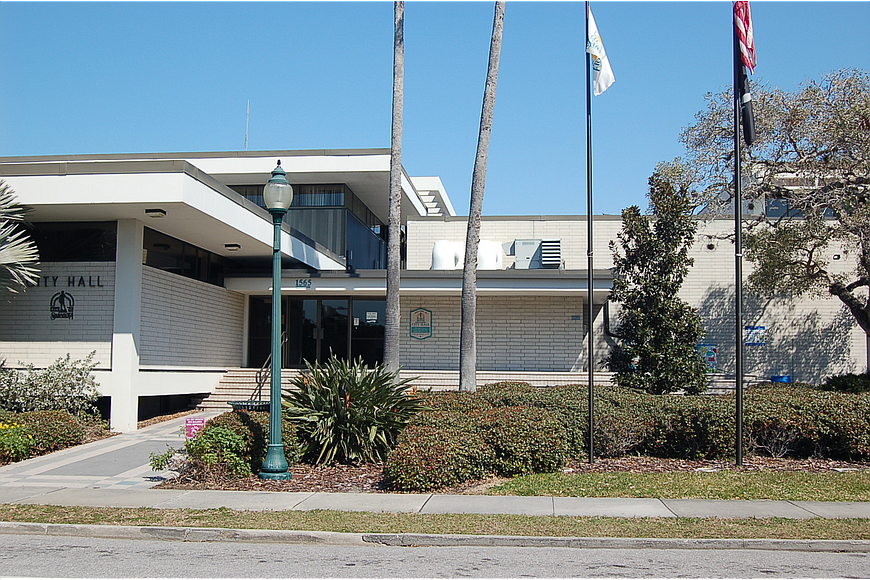- February 3, 2026
-
-
Loading

Loading

An ongoing nationwide debate over how to best regulate recreational possession of cannabis is making its way to Sarasota.
Earlier this month, City Commissioner Hagen Brody proposed creating an alternative to issuing criminal citations to individuals in possession of small amounts of cannabis or cannabis paraphernalia. On Monday, the commission will discuss the possibility of allowing law enforcement to issue civil citations for those violations instead, taking advantage of a state law passed in 2018 providing an alternative to arrests.
Ahead of Monday’s meeting, Brody presented the proposal as reflective of evolving thought in the criminal justice field. He hoped placing the item on a commission agenda would generate community discussion on the best approach to this issue. He said more than a dozen other communities across the state have taken a similar step, making it a reasonable idea for the city to consider.
“This does not, and we cannot, pre-empt state law, which still considers possession a crime,” Brody said. “However, they have carved out a way to use a non-criminal citation as a tool for law enforcement to use at their discretion. That’s really what it is: providing law enforcement another tool in the tool belt to implement smarter justice.”
Right now, law enforcement agencies aren’t taking a hard position either way on Brody’s proposal. Sarasota Police Department spokeswoman Genevieve Judge said the organization didn’t have a position headed into Monday’s meeting, instead waiting to see the direction of the commission’s conversation.
Maj. Paul Richard of the Sarasota County Sheriff’s Office said such a proposal likely wouldn’t have a significant effect on the department’s operations. Richard said most marijuana-related arrests in Sarasota come as a secondary offense after someone is cited for another crime, such as driving under the influence. Richard said there are currently two individuals in the county jail whose primary arrest is for possession of marijuana.
“It’s a pretty big misunderstanding, thinking there’s lots of people in jail for what would be considered misdemeanor possession of marijuana,” Richard said. “That’s never been the reality.”
Even if Brody’s proposal doesn’t drastically reduce the jail population, he said the change could improve the criminal justice system in Sarasota. He cited a paper from the American Bar Association that states allowing civil citations — rather than issuing notices to appear in court — allows all parties involved to save time and focus on more serious crimes.
“The time and energy spent by our police, prosecutors, public defenders, clerks, judges and juries on these would-be criminal charges can be redirected towards violent crimes and other more critical problems,” Brody wrote in a Feb. 27 memo.
Brody also said a civil citation would allow violators to avoid issues associated with entering the criminal justice system, such as jeopardizing employment or housing opportunities.
City Attorney Robert Fournier said he has not seriously examined the logistics of how the city might implement such a change, waiting to see if a majority of the commission wants to further explore the proposal. Already, he’s heard some questions about how law enforcement personnel would choose to issue a civil citation, rather than a criminal one.
“The issue that’s come to my attention is the discretion offered to the officers — the guidelines that would need to be established for that,” Fournier said.
Brody acknowledged the need to hash out a path to implementation, and he hopes Monday’s meeting is the first step in a broad dialogue about the best way forward. Despite any questions, he expressed a firm belief in the underlying goal of the proposal, which he said could provide a variety of benefits for Sarasota.
“This takes advantage of a state law passed recently that encourages local municipalities to start thinking about smarter ways to implement justice in their community,” Brody said.